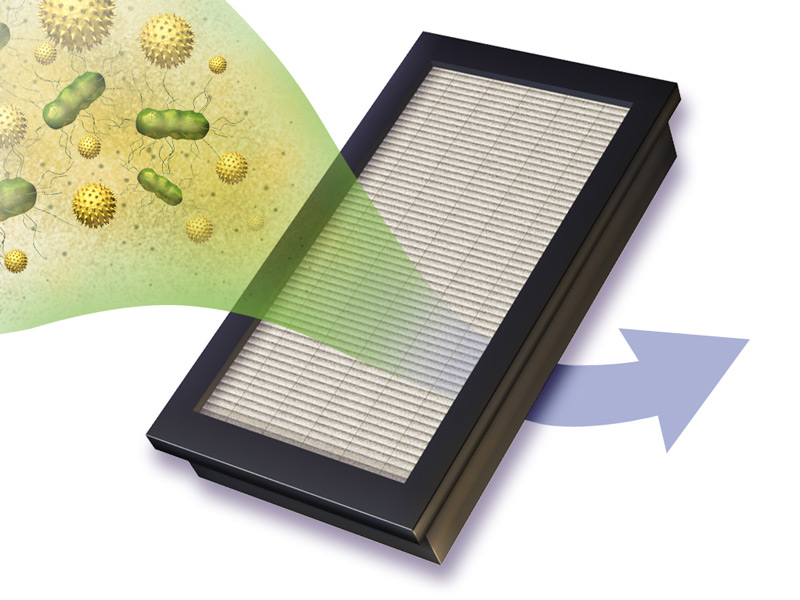As the weather heats up and the days become longer, it’s essential to be aware of how your indoor air quality changes in the summer.
As the weather heats up and the days become longer, you need to know how indoor air quality changes in the summer. It’s easy to overlook the impact that summer can have on the air inside our homes. This article explores what causes changes in indoor air quality and summertime pollutants. We will also tell you how to prevent these changes to ensure a healthy and comfortable home.
Factors That Affect Indoor Air Quality in the Summer
There are several factors that can cause a change in indoor air quality during the summer months. Summer is a great time of year to enjoy the fresh air and cool breeze. Because of this, we often leave windows and doors open in the summer. But, this can allow outdoor pollutants like pollen, dust, and smog to enter our homes. These pollutants can worsen your indoor indoor air quality. The warmer temperatures also often lead to increased humidity levels. Unfortunately, this can contribute to mold and mildew growth indoors. High humidity can also make it harder for your air conditioner to remove moisture from the air. This leads to damp conditions and reduced air quality. Air conditioning can provide relief from the heat. But, it can also recirculate indoor air pollutants if not maintained. Allergens can build up in the filters and ducts of your system and recirculate through your home.
Common Summertime Air Pollutants
During the summer, specific air pollutants become more prevalent, affecting indoor air quality. With plants in full bloom, pollen levels are higher during the summer. Pollen can enter your home through open windows and doors or by hitching a ride on your clothing and pets. Warmer temperatures and increased humidity create the perfect space for mold and mildew. Mold spores can become airborne. This can lead to poor indoor air quality and even cause health issues for those with mold allergies. Ground-level ozone, also known as smog, is another major summertime concern. It’s formed when sunlight reacts with pollutants from car emissions and industrial facilities. Ozone levels tend to be higher in the summer due to increased sunlight. It can enter your home through open windows and doors.
How to Prevent Indoor Air Quality Changes During the Summer
There are many ways to maintain healthy indoor air quality during the summer. Listed below are some strategies you should consider implementing this summer.
- Keep humidity levels in check. Use a dehumidifier or air conditioner to control humidity levels in your home. Indoor humidity should stay between 30-50% to reduce mold and mildew growth.
- Clean and maintain your air conditioning system. Be sure to clean or replace the air filters in your air conditioning system every one to three months. This prevents the accumulation of dust and allergens. Also, consider having a professional clean your air ducts. This service can remove any buildup of pollutants.
- Close windows and doors during high pollen days. Check local pollen counts and keep windows and doors closed on days when pollen levels are high. You can also use window screens to help reduce the amount of pollen entering your home.
- Use air purifiers. Air purifiers with HEPA filters can help remove many common indoor air pollutants. These include pollen, mold spores, and other airborne allergens from your indoor air. Place them in areas where you spend the most time, such as bedrooms and living areas.
- Keep your home clean. Dust and vacuum your home often to reduce the buildup of allergens like pollen, pet dander, and dust mites. Use a vacuum cleaner with a HEPA filter for the best results.
Contact Us
Your indoor air quality changes a lot in the summer. Being aware of the common summertime air pollutants is vital. You need to take proactive steps to maintain a healthy and comfortable home. Keeping your system maintained helps prevent indoor air quality changes in the summer. For your maintenance needs, contact Ardmore Fresh Air today. We want you to enjoy the warm weather while also breathing clean, healthy air indoors.

